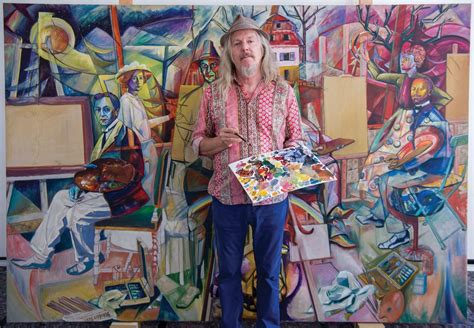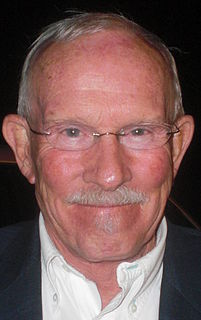A Quote by Terry Gilliam
I got my head bashed in at a demonstration against the Vietnam War. Police were losing control because they were up against a world they really didn't understand.
Quote Topics
Related Quotes
If you look back to the anti-intervention movements, what were they? Let's take the Vietnam War - the biggest crime since the Second World War. You couldn't be opposed to the war for years. The mainstream liberal intellectuals were enthusiastically in support of the war. In Boston, a liberal city where I was, we literally couldn't have a public demonstration without it being violently broken up, with the liberal press applauding, until late 1966.
I was just a seventeen-year-old kid, going to Times Square to participate in this left-wing demonstration. The signs were for peace and justice and so on. But then I was attacked by police mounted on horseback and on foot. Before I knew it, I was clubbed and knocked unconscious. So it gave me a radical view of the United States, a critical view of the role of the state and of the instruments of the state - the police, the Army, and so on - as not being neutral at all in political battles, but being generally against workers and against striking people, against dissenters of all kinds.
Most of us who were opposed to the war, especially in the early '60's - the war we were opposed to was the war on South Vietnam which destroyed South Vietnam's rural society. The South was devastated. But now anyone who opposed this atrocity is regarded as having defended North Vietnam. And that's part of the effort to present the war as if it were a war between South Vietnam and North Vietnam with the United States helping the South. Of course it's fabrication. But it's "official truth" now.
In India you don't find propaganda against Pakistan. During the war there was a little of it, naturally, but even during the war we were able to control it. In fact the Pakistanis were astonished by this. There were prisoners in the camp hospitals who exclaimed, 'What? You're a Hindu doctor and you want to cure me?'



































